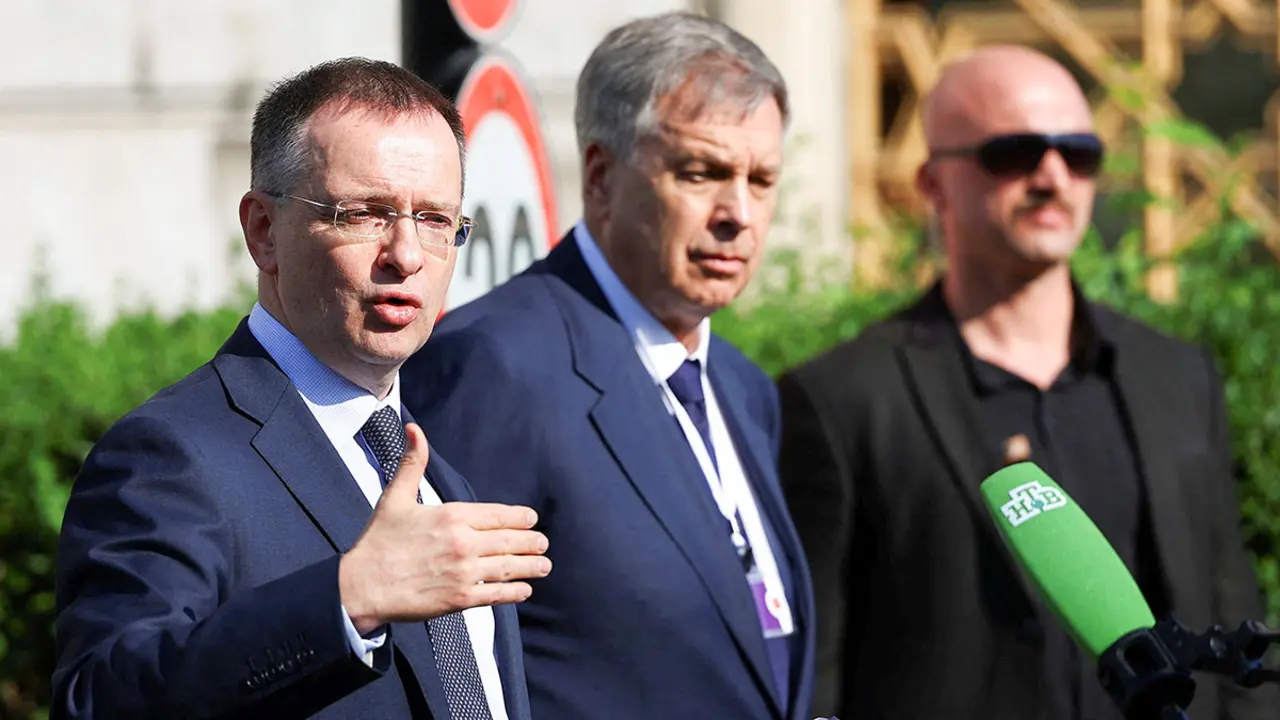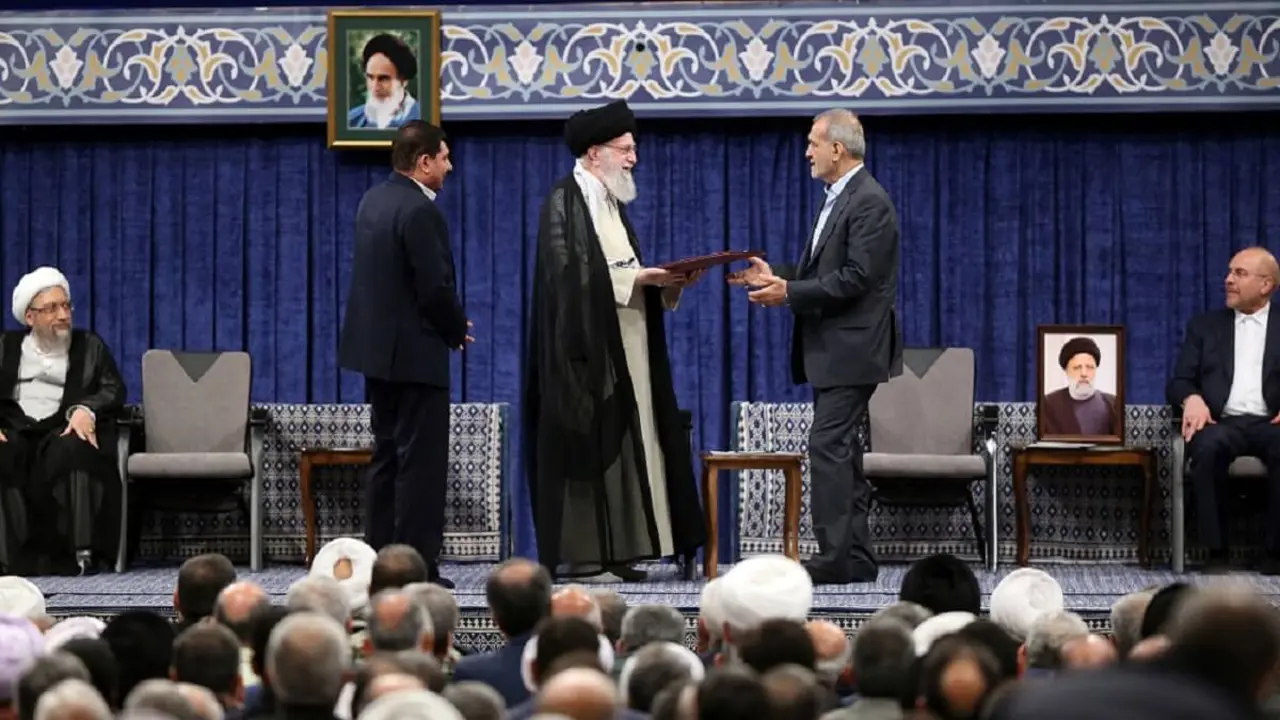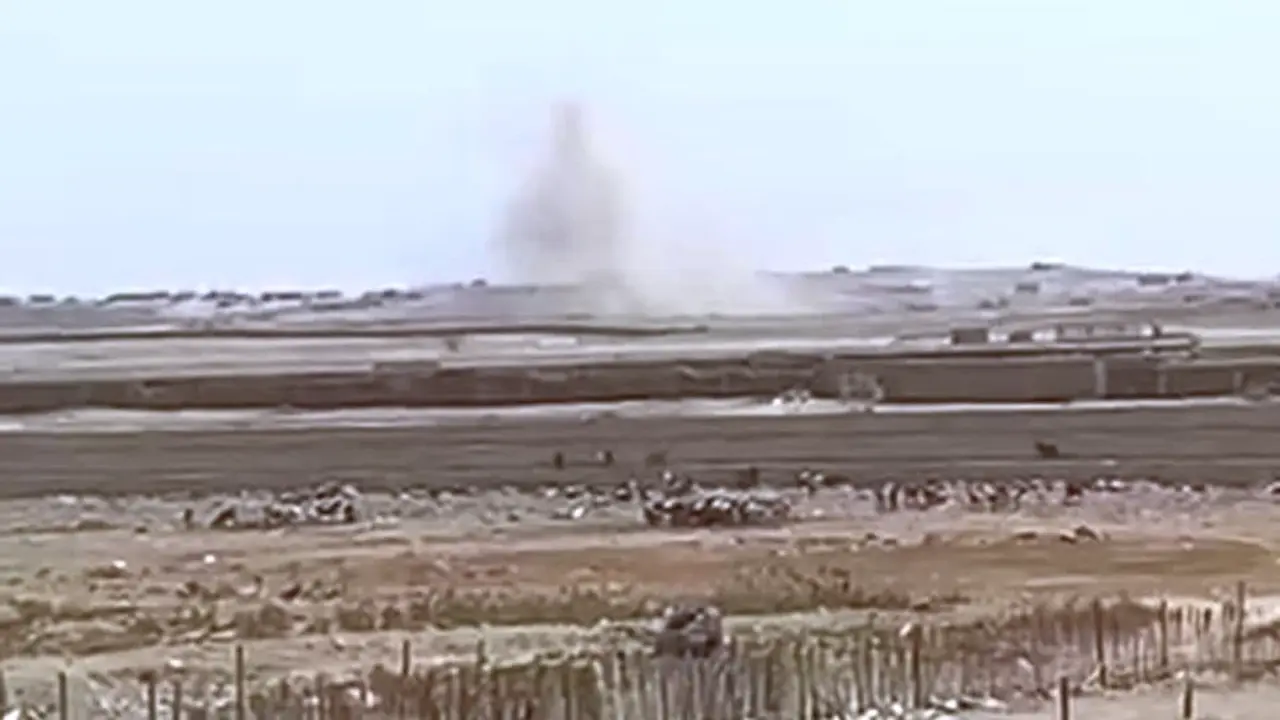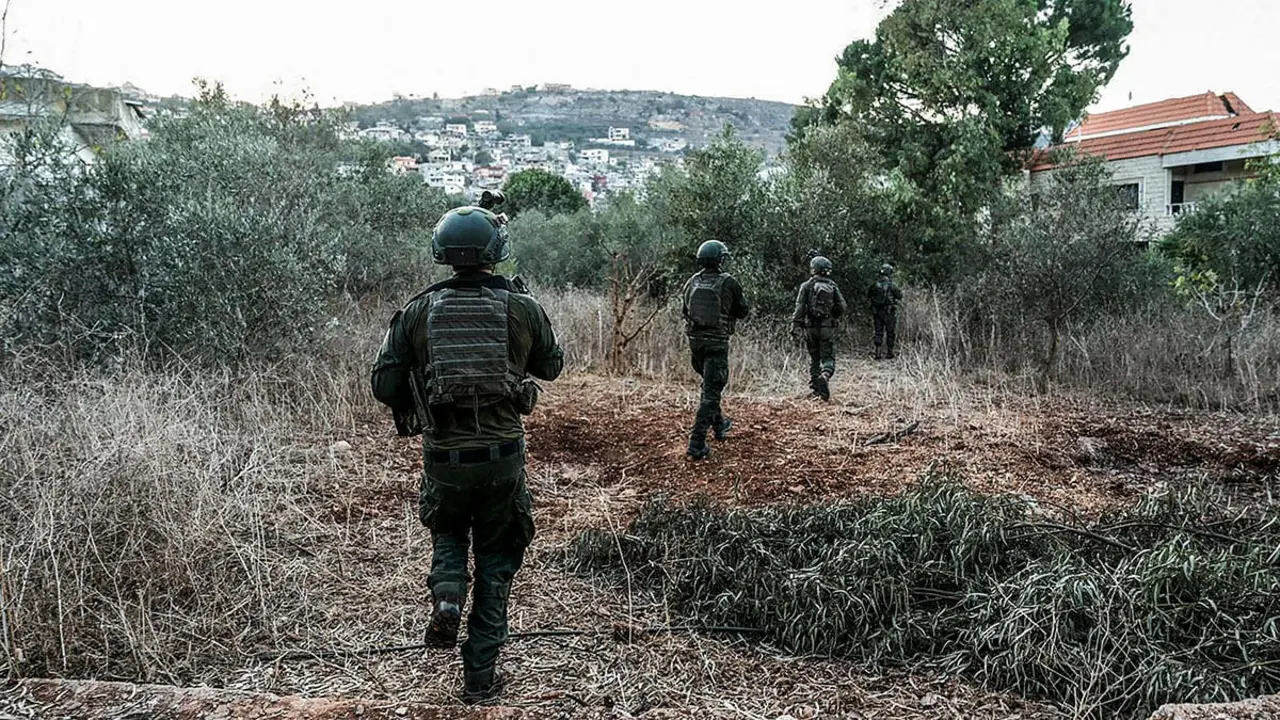Qatar pledges to support Spain in evacuating aid workers from Afghanistan

José Manuel Albares, Spain's foreign minister, visited Qatar to request support for the evacuation of the last collaborators present in Afghanistan, and the Gulf country has committed itself to helping in this mission.
The Spanish minister was received this Tuesday in Doha by Emir Tamim bin Hamad al-Thani and was able to discuss the matter, receiving Qatar's approval and full cooperation. The emir himself guaranteed his nation's full support to complete the evacuation of Spanish collaborators from Afghanistan "in the shortest possible time", as reported by the EFE news agency.
"I am very satisfied with the meeting with the emir, who has guaranteed Qatar's full support to ensure that our collaborators can leave in the shortest possible time and in the safest way possible," Albares said after the meeting in the Qatari capital, where he arrived last night. The Spanish minister assured that the objective is "not to leave anyone behind".
He also said that "it would be irresponsible to talk about people and times while the evacuation is underway", and he did not provide EFE news agency with the number of collaborators that Spain is going to evacuate or when. In his meeting with the emir, he also spoke about Kabul airport and the work carried out to bring it back into service, with the collaboration of technicians provided by Qatar. Thanks to this work, flights from the Afghan capital have resumed.
Albares also met with his Qatari counterpart, Mohamed bin Abderrahman al-Thani, who was in Kabul this weekend and had contacts with the new Taliban government. The Spanish Foreign Minister pointed out that "this is a new avenue that could be opened up" to facilitate the departure of collaborators from Afghanistan, in reference to the direct or indirect contacts that could be made with the new Taliban government.

"We are not going to recognise the Taliban government, nor are we going to have political contacts, but if it is necessary at a given moment to have operational contacts so that this exit can take place, we will do so", the minister clarified, in words reported by the EFE news agency. José Manuel Albares also demanded that the Taliban allow the "free movement" of collaborators who worked with Spain in order to facilitate their transfers.
After the Taliban seizure of power in mid-August, once the departure of international troops from the Asian country had been completed, dozens of flights arrived with which Spain evacuated more than 2,200 people, including nationals and Afghan collaborators, thanks to the air route established between Kabul airport and the Torrejón de Ardoz air base in Madrid. Fear was installed among a large part of the population when the insurgents came to power, and many were determined to leave the Asian country at any cost, fearing what could happen with a nation subordinated to a certain application of Islamic law by the new Taliban government.
Also discussed was the issue of humanitarian aid, which is very necessary in Afghanistan, a country beset by a major food crisis, a serious lack of basic services and a worrying drought that affects practically the entire population, especially vulnerable sectors such as children. "Humanitarian aid is a different matter, it has to arrive on the ground because the Afghan people need it", added Albares in words reported by the EFE news agency.
On Monday, a donors' conference for Afghanistan was held in Geneva, which led to a commitment of aid worth 1 billion dollars, of which Spain contributed 20 million.
Meanwhile, Minister José Manuel Albares also urged the Taliban to respect human rights, especially those of Afghan women and girls. These rights have been called into question by several analysts in view of the Taliban's interpretation and application of Islamic law. The capital Kabul and other cities have been the scene of several demonstrations for women's rights that have been harshly repressed by the Taliban to prevent them from happening again.
"Spain firmly defends the need to protect the human rights achieved in the last 20 years, especially those of Afghan women and girls," the minister said at a press conference with his Qatari counterpart, Mohamed bin Abderrahman al-Thani.

In recent days, UN and European governments have complained that the new Taliban regime's promises to respect human rights, especially those of women, are not being kept.
For his part, Mohamed bin Aberrahman al-Thani defined Spain as an "important partner" of Qatar and stressed "the need for a unified international position with respect to Afghanistan, particularly in terms of humanitarian aid", although he asked "not to politicise" the issue of humanitarian aid and asked the international community "not to isolate Afghanistan because of the arrival of the Taliban to power", because "the Afghan people need this aid" from outside, as was also reported by the EFE news agency.
Albares made this visit to Qatar after having visited Pakistan, another very important country in terms of getting certain people out of Afghanistan. In an interview on Radio Nacional de España, Albares pointed out that both countries are fundamental because of the links they may have with the new Taliban regime.
The Spanish Foreign Minister also took advantage of his visit to Qatar to meet with a group of Spanish businessmen present in the Gulf country.








